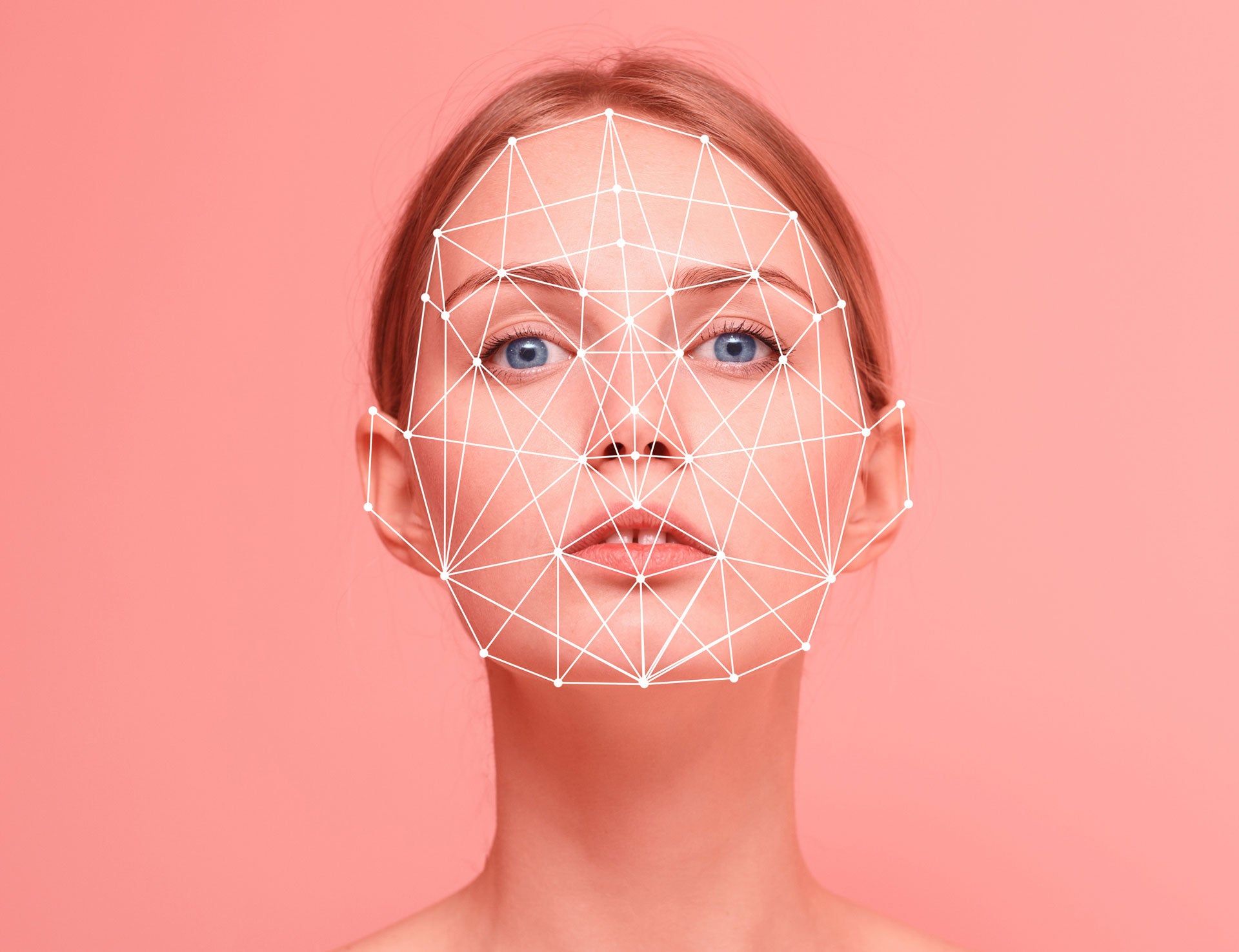
Chinese face-swap app ZAO, which allows users to swap faces with film and TV characters, has opened a debate on privacy concerns.
ZAO uses AI to produce deepfake versions of well-known footage, enabling users to re-cast themselves in their favourite films. It became the most downloaded app in China’s iOS app store upon its launch last Friday.
The app was developed by instant messaging app company Momo – who also created popular Chinese dating app Tantan.
In case you haven't heard, #ZAO is a Chinese app which completely blew up since Friday. Best application of 'Deepfake'-style AI facial replacement I've ever seen.
Here's an example of me as DiCaprio (generated in under 8 secs from that one photo in the thumbnail) 🤯 pic.twitter.com/1RpnJJ3wgT
— Allan Xia (@AllanXia) September 1, 2019
How well do you really know your competitors?
Access the most comprehensive Company Profiles on the market, powered by GlobalData. Save hours of research. Gain competitive edge.
 Company Profile – free sample
Company Profile – free sampleThank you!
Your download email will arrive shortly
Not ready to buy yet? Download a free sample
We are confident about the unique quality of our Company Profiles. However, we want you to make the most beneficial decision for your business, so we offer a free sample that you can download by submitting the below form
By GlobalData
Privacy concerns over ZAO face-swap app
One main concern voiced by critics surrounded its questionable privacy policy. One policy clause was revealed to give the app’s developers the global rights to use any imagery created on the app for free, without giving users a way to opt-out of the agreement.
However, following backlash, the privacy policy was tweaked. Under the new agreement, any content created on ZAO will require the user’s prior consent to be used for other purposes.
Deleted content will also be completely wiped from ZAO’s databases. However, as users are responsible for the authorisation to use images in the app, ZAO has also stressed that is not responsible if someone’s photo is used without their permission.
In a statement via Chinese microblogging website Weibo ZAO said: “We thoroughly understand the anxiety people have towards privacy concerns.
“We have received the questions you have sent us. We will correct the areas we have not considered and require some time.”
Other social media platforms, such as WeChat also blocked the distribution of ZAO videos. Many others have highlighted how ZAO is a surprising advancement for China, where mass surveillance and facial recognition technology are widespread.
The uproar has not completely spoiled the app’s appeal, however, as it still remains the top free download in China.
Recently, privacy concerns surrounding deepfake apps have increased. In July this year, users of viral sensation FaceApp voiced privacy concerns regarding the use and security of images.
Read more: Deepfakes: AI video tool could make fake news easier to create and harder to spot





